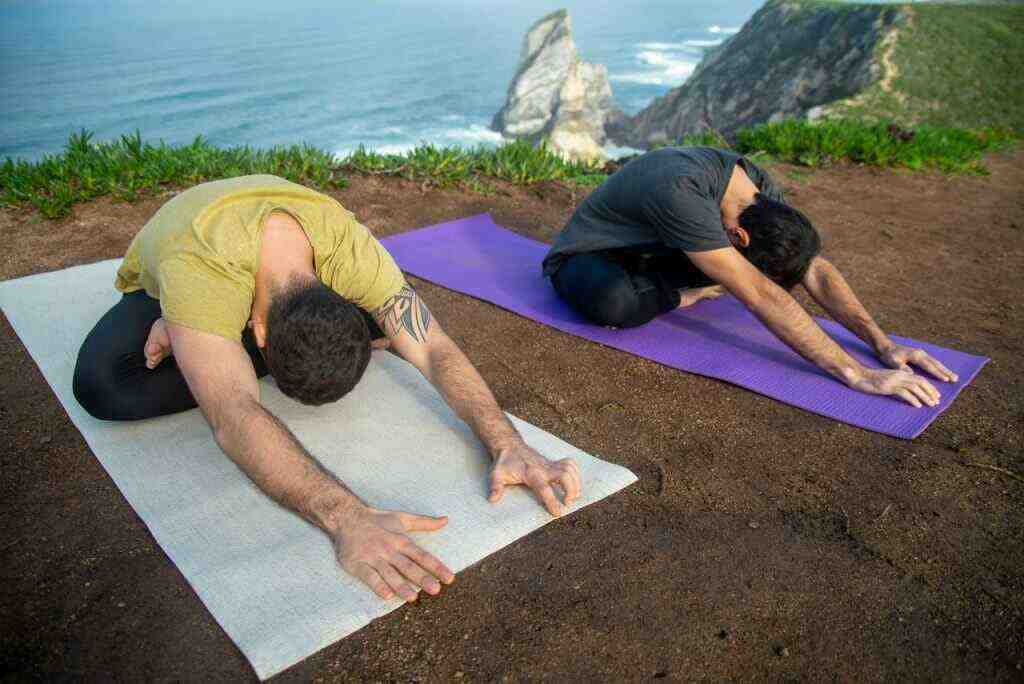West Virginia: A Frontier for Accessible Outdoor Recreation
A State with Untapped Potential
Amidst the stunning mountains, lush forests, and free-flowing rivers of West Virginia lies a sobering truth: the state grapples with the highest per capita rate of people with disabilities in the United States. This staggering statistic, with nearly one in three West Virginians living with a disability, underscores the urgent need for accessible recreation opportunities within the state.
Eric Thompson, the visionary founder and director of Access-On-The-Go, an organization dedicated to championing accessible tourism and recreation, passionately emphasizes the significance of equal opportunities for individuals with disabilities when it comes to recreational activities. “People with disabilities want to recreate in all the same ways that able-bodied people want to,” Thompson asserts. “As long as we have the ability to do so, and basically have the infrastructure available, there’s no reason why we can’t make that happen.”
Lagging Behind in Accessibility
Despite the growing demand for accessible recreation, West Virginia finds itself lagging behind other states in providing adequate facilities and infrastructure for individuals with disabilities. While states like Colorado, Idaho, and Utah have taken great strides in developing fully adaptable resorts and extensive accessible recreation areas, West Virginia has yet to catch up, offering limited options for outdoor enthusiasts with disabilities.
Thompson views this disparity as a missed opportunity, both for West Virginians with disabilities and for the state’s economy. “If you’re not running a business that’s fully accessible and inclusive, you’re not really running a very good business,” he says. “You’re missing out on a huge market.”
Beyond Ramps and Paved Parking Lots
Thompson emphasizes that accessibility in recreation goes far beyond simply providing ramps, paved parking lots, bathrooms, and ramps. It involves creating truly inclusive experiences that cater to the unique needs of individuals with disabilities, enabling them to participate fully in outdoor activities. This can include adaptive skiing, mountain biking, whitewater rafting, and more.
Economic Benefits of Accessibility
Investing in accessible recreation not only enriches the lives of individuals with disabilities but also generates significant economic benefits. Last year, tourism had its highest recorded economic impact in West Virginia, generating over $7 billion for the state. Thompson believes that prioritizing accessibility would further boost tourism revenue by attracting visitors with disabilities and their families.
Legislative Action and Tax Incentives
Thompson urges the state legislature to prioritize accessibility by requiring state-owned facilities to be fully accessible and by expanding incentives for privately-owned outdoor recreation facilities to make necessary modifications. He points to tax incentives of up to $20,000 per year for small businesses that make improvements such as paving parking lots, installing ramps, and upgrading bathrooms.
A Brighter Future for Accessible Recreation
Thompson envisions a future where West Virginia becomes a leader in accessible outdoor recreation, with state parks and private facilities offering a wide range of adaptive equipment and activities. He hopes to see more adaptive biking trails, track chairs, and specialized wheelchairs available for rent at state parks, allowing individuals with disabilities to fully enjoy the state’s natural beauty.
Existing Accessible Recreation Options
While West Virginia may lag behind other states in terms of accessible recreation, there are a few notable places that offer adaptive outdoor activities. Canaan Valley Resort State Park offers adaptive skiing, Snowshoe Mountain Resort has adaptive skiing and mountain biking programs, and WVU’s Accessible Recreation Guide provides information on accessible trails and facilities throughout the state.
Conclusion
West Virginia has the opportunity to transform itself into a beacon of accessible outdoor recreation, providing individuals with disabilities with the chance to experience the state’s natural wonders and engage in a wide range of activities. By investing in accessibility, the state can not only improve the quality of life for its residents with disabilities but also reap significant economic benefits. It’s a win-win situation that should be a priority for lawmakers, businesses, and communities alike.
